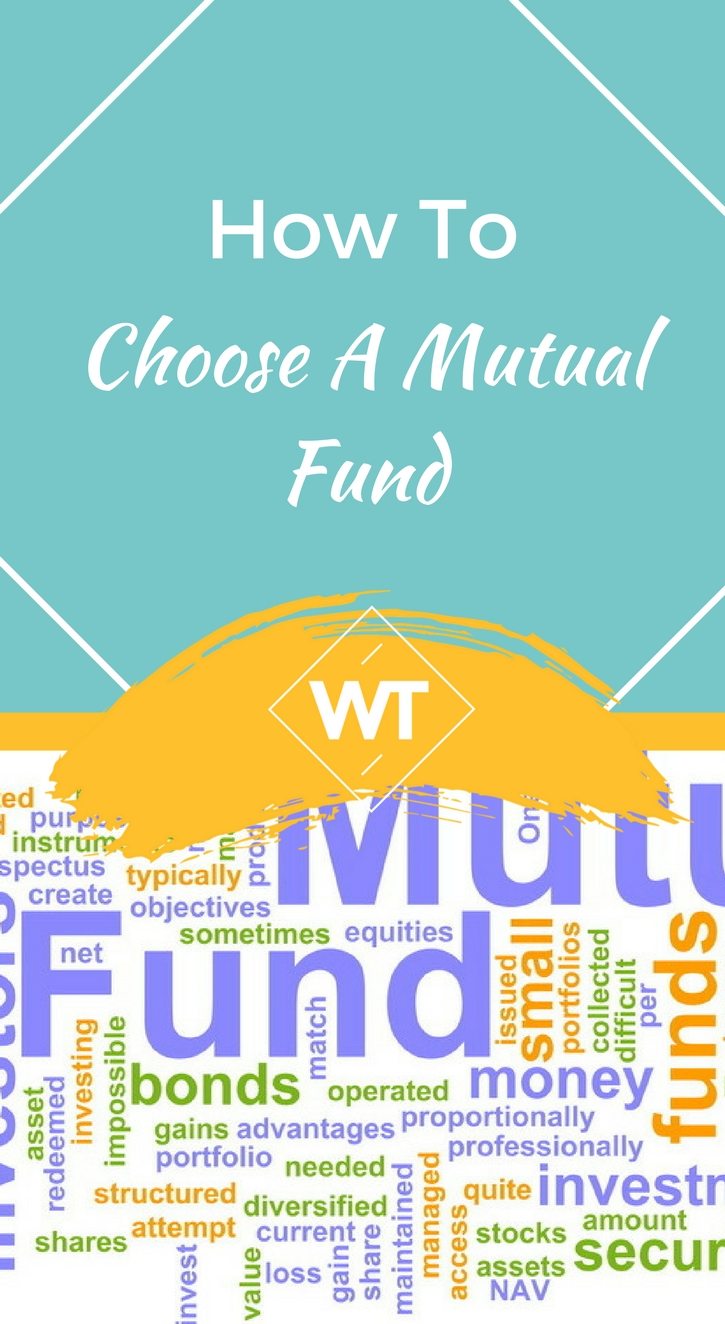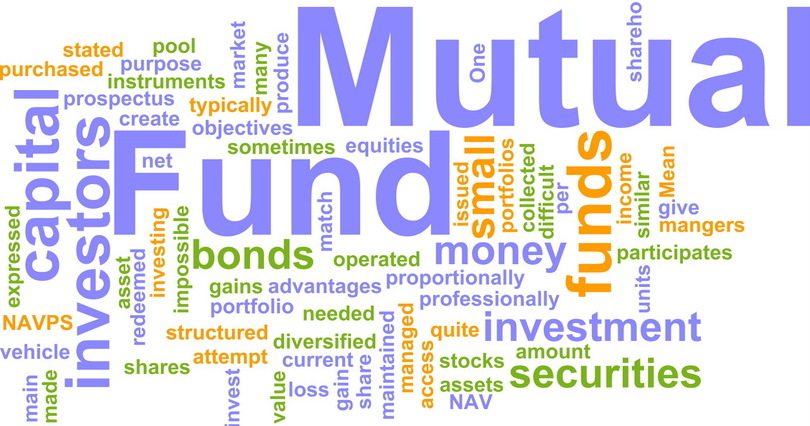How to Choose a Mutual Fund

As I sat sipping my cup of hot coffee in a restaurant, I happened to hear a conversation between 2 friends- Ryan and John. Ryan was married for 2 years and was now going to be a proud father. Worried about his financial planning, mutual funds had caught his interest lately and he was pretty fascinated by them.
However, he was not sure on how one should go about choosing the right mutual fund. Since his friend John, had been working in the mutual fund industry for some time, he decided to take advice from him. Here are some excerpts from their conversation-
Ryan- How does one start the process of choosing a mutual fund?
John– There are 3 primary factors one needs to look at – Objective or Need for investment, Time horizon and Investor’s Risk Appetite.
Choosing a mutual fund depends on why you need it; like for tax saving purpose e.g. Equity Linked Saving Scheme (ELSS) or to provide monthly income e.g. Monthly Investment Plan (MIP) or purely for giving you returns after a defined period of time e.g. Balanced funds or Equity Funds.
Also, at this point one needs to consider the time horizon. If you are interested in the short term investment, then bond funds are the ideal because this gives steady returns. However, if you need capital appreciation to fund your child’s education 15 years hence; you should go for an equity fund.
Risk-averse individuals generally like capital protection and steady income hence should invest in short term funds like Money market funds and short term bond funds. Aggressive investors can invest in Equity funds or sectoral funds. Credit ratings provided by CRISIL, ICRA and other companies are good indicators of the risk associated with mutual funds.
But if all this looks confusing, choose mutual funds based on ratings at – How to choose best mutual fund in India
Ryan- How long does one need to stay invested in a fund?
John– There is no set time limit. Equity funds are very volatile hence, should be ideally held for 3-5 years. On the other hand, Debt or Money market funds can be invested for shorter duration of time.
Ryan- That’s great. But how would I know which Asset Management company would have good products?
John– True. It is generally safe to choose products of a company which has been in the industry for at least 5-10 years. By doing so, there is evidence of company’s track record. New fund houses have uncertainty around their performance.
Ryan- Ok. Talking about performance, could you tell me a few pointers on how I can evaluate the performance of a fund? Also, if the past performance is good, can I invest in that fund?
John– Well, returns given by a fund is the best way to judge fund performance. However, a fund may do well in one year but not in another. So, it is important to check the consistency during multiple time periods. To check on consistent performance, you can select 5 best performing funds based on your investment objective.
You need to do this over various periods like 3 months, 6 months, 1 year, 3 years and 5 years. List down the top 5 funds in each time horizon. By doing this, you will get to know which funds have been consistent performers.
A word of caution here is however, that good ‘past’ performance does not necessarily guarantee good future performance. However, it can definitely serve as an indicator or factor in choosing a mutual fund.
Ryan- Great. Where can I do some research on Mutual Funds?
John– You can evaluate mutual funds for most of the factors we discussed at valueresearchonline.com or moneycontrol.com
Hearing this Ryan was very happy and thanked John for the insightful discussion. He said that now he had good idea of the important things he needs to consider while choosing a mutual fund. He mentioned that he would do some referencing online as well as meet up with financial planners to get an in-depth perspective on his mutual fund investments.
As I left the Café, I thought to myself- its Mutual Fund Time!!!









Leave a Reply